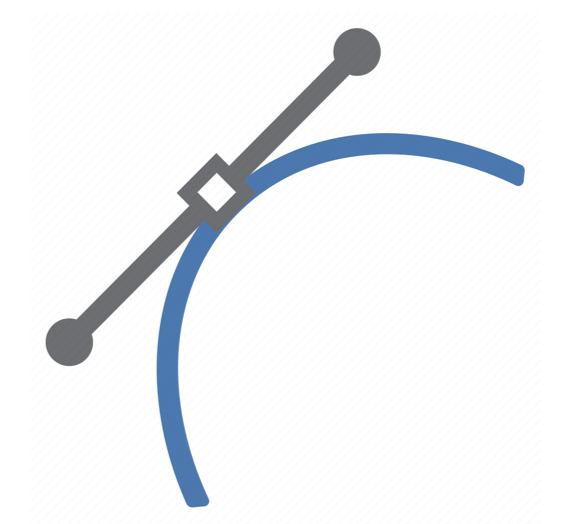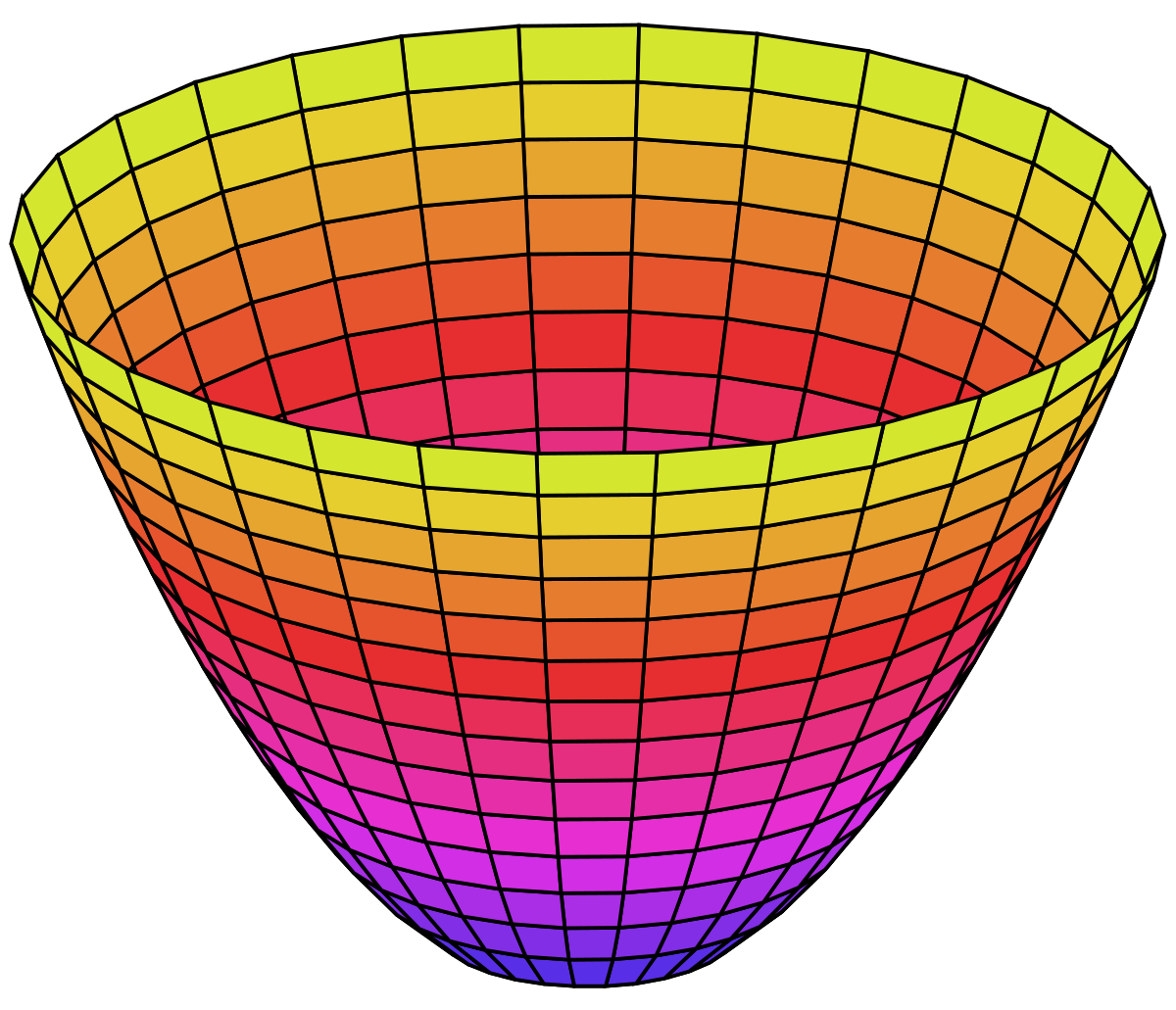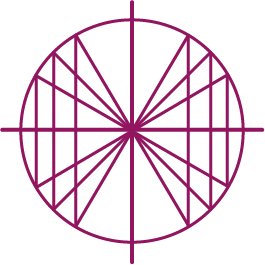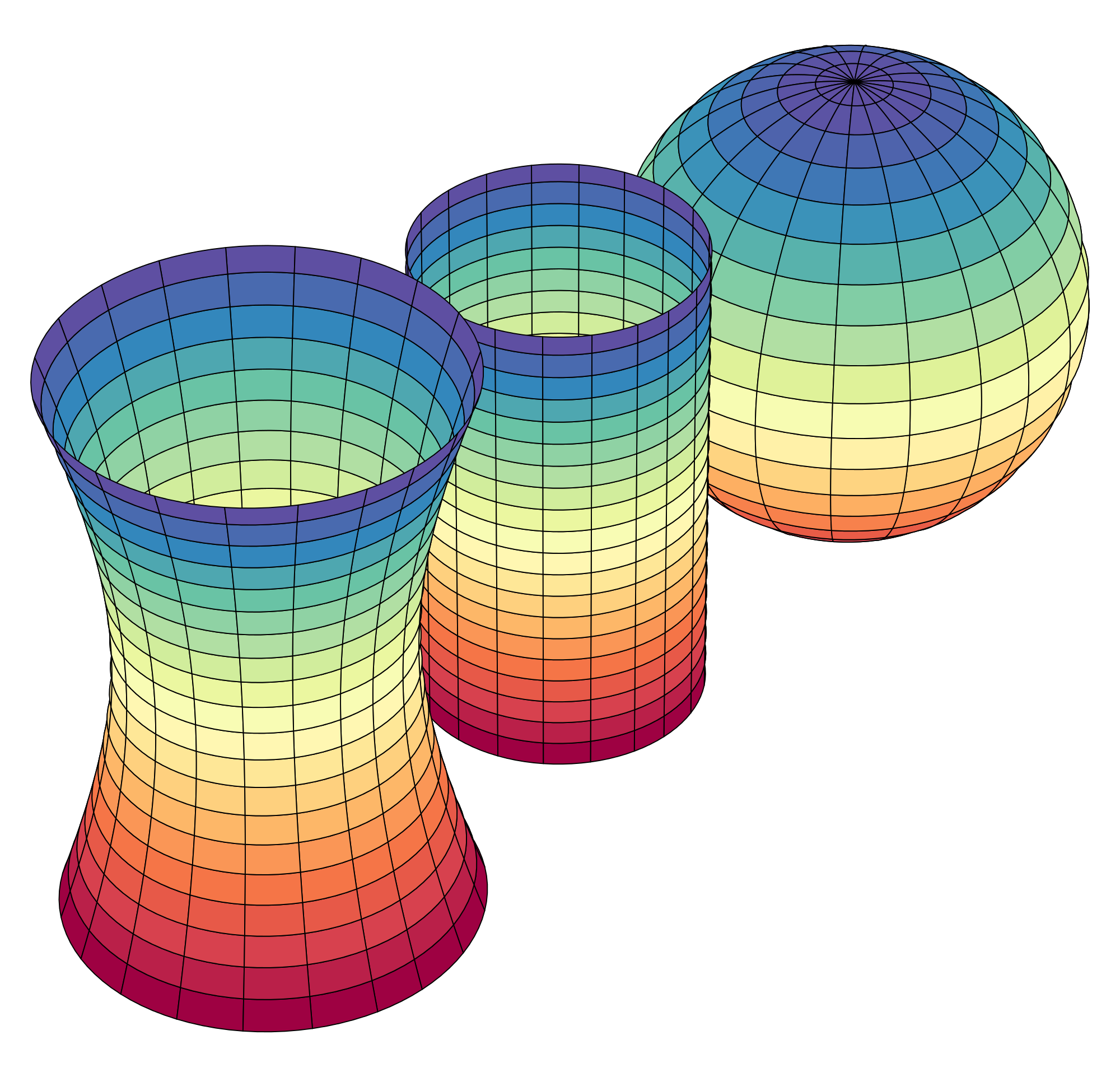How The Course Works
The are two main differences between a lecture-based calculus course and Distance Calculus:
- No Lectures
In a lecture-based calculus course, the lectures by the instructor are the cornerstone of the course. In Distance Calculus, there are no lectures. (There are lecture-movies, but you can watch these at any time, not on a fixed schedule.) -
Intensive Student-Instructor Communication
 In a lecture-based calculus course, you have limited (if at all) communications with the
instructor and/or teaching assistant. In Distance Calculus, communication between
the instructor and teaching assistant and student is the cornerstone of the course.
In a lecture-based calculus course, you have limited (if at all) communications with the
instructor and/or teaching assistant. In Distance Calculus, communication between
the instructor and teaching assistant and student is the cornerstone of the course.
 In Distance Calculus, we also rely heavily upon the use of Computer Algebra and
Graphing Software (CAGS) as part of the driving force of the course. Almost all of the
work is completed within these computer algebra programs, and they form the basis
of the communications between student and instructors. If you like, the Computer Algebra
and Graph Software becomes the "new blackboard" for the course.
In Distance Calculus, we also rely heavily upon the use of Computer Algebra and
Graphing Software (CAGS) as part of the driving force of the course. Almost all of the
work is completed within these computer algebra programs, and they form the basis
of the communications between student and instructors. If you like, the Computer Algebra
and Graph Software becomes the "new blackboard" for the course.
Assignments
In a typical Distance Calculus course, you will have approximately 70-125 assignments to turn in. Often, you will turn each of these assignments in multiple times, in a system we refer to recursive homework.
Although the e-Textbook and curriculum for each course differs in origin and author, all of the assignments share the following basic format:
- Learning
 These multimedia movies and/or notebooks in the CAGS systems offer an explanation of the basic topics
in the module, with explanations and places for you to experiment with becoming
familiar with the topics.
These multimedia movies and/or notebooks in the CAGS systems offer an explanation of the basic topics
in the module, with explanations and places for you to experiment with becoming
familiar with the topics.
- Homework
 These notebooks you will turn in for instructor/teaching assistant grading and review.
These notebooks contains problems you will work on, and provide the basis of communications
between student and instructor. In some courses, video homework solutions are
also part of the student course work.
These notebooks you will turn in for instructor/teaching assistant grading and review.
These notebooks contains problems you will work on, and provide the basis of communications
between student and instructor. In some courses, video homework solutions are
also part of the student course work.
- Literacy Sheets
 These problems sets are easier than the computer algebra software notebooks, and are intended to strengthen
your paper-and-pencil skills. These problems are completed on paper, and FAXed (or mailed or scanned-and-uploaded)
to the instruction team.
These problems sets are easier than the computer algebra software notebooks, and are intended to strengthen
your paper-and-pencil skills. These problems are completed on paper, and FAXed (or mailed or scanned-and-uploaded)
to the instruction team.
When ready or when stuck, the student "hands-in" the notebook to the instruction team using a webform. The instruction teams looks at, grades, and comments the notebook, usually asking more questions of the student, seeking the student to achieve the desired expertise of the module.
The "hand-in" and "get-back" of these notebooks can happen 2, 3, 4, 6, 9,... times for a single notebook. Back and forth. Back and forth. Until the student has 100% understanding of the objectives of the module.
About 50% of the communication between student and instructional team happens via these LiveMath or Mathematica notebooks. The other 50% of the communications happen via Instant Messenger/Chat in real-time.

|
"Hey, Professor, I have a question on notebook 1.02.G4." "Sure, hand it in so I can see it, and we'll chat about it here." "I'm having troubles with problem (c). How can plot a data function? " "Highlight the data, and choose the menu Tabulate. Now you get a Table in LiveMath. How can you graph it?" "I think you select the table and choose Graph, right?" "Try it. You tell me if it works." "Cool. Hold on." |
 This example conversation could be happening at 10AM in the morning - 10AM for whom? the student may
be in France, and the instructor in Boston. The exact time is up to "when the student and
instructor connect." It might be over a Saturday afternoon, it might be on a Tuesday evening.
This example conversation could be happening at 10AM in the morning - 10AM for whom? the student may
be in France, and the instructor in Boston. The exact time is up to "when the student and
instructor connect." It might be over a Saturday afternoon, it might be on a Tuesday evening.
If the connection does not happen on Chat on a particular day, then the communication happens during the "back-and-forth" of the notebook exchange. This is not in "real-time", but it is pretty good.
After most modules, the student will take a Quiz. This Quiz is made available when both the instructor and the student feel that the student has mastered the content in the module. In almost all cases, the Quiz is "aced" because the Quiz is not taken unless the instructor is satisfied as to the student's understanding. So Quizzes are usually "happy experiences!"
At the end of the course, when all of the assigned modules, with the Homework notebooks, Literacy Sheets, and Quizzes, have been completed, the student takes a (set of) Final Exam(s).
The Proctored, Written Final Exam is taken at the student's location, under supervision by an Exam Proctor that is jointly identified by the student and approved by the instructor.
Although this Proctored, Written Final Exam might sound scary, it really is not. The Proctored, Written Final Exam is only administered when the instructor is confident and satisfied with the student's completion of the course materials. As is the case with the Quizzes, the Final Exam is usually a "happy experience" as well.
Is Distance Calculus Harder Than a Regular Calculus Course?
In many aspects, the answer is Yes.
The course material is of a challenging nature. If compared to some traditional calculus textbooks, it could be said that the Distance Calculus curriculum is 1.5 times as hard as some of the traditional calculus textbooks.
The process of Distance Calculus is also challenging. In Distance Calculus, you cannot "hide in the back of the classroom" for the duration of the course. You cannot "get lucky" on the exams and have the questions be the few you actually learned. In Distance Calculus, you cannot "skip" homework assignments.
Distance Calculus requires that you engage all 100%
of the course topics and curriculum,
and achieve a 100% understanding level (or very close to this!).
In a traditional lecture course, the threat of punitive actions - a bad grade - the "stick" that attempts to get you to complete the course work. "There will be an exam, and you'll have to know this!" is a common statement heard in a calculus lecture hall.
In Distance Calculus, there are no punitive threats such as this. You have to learn everything in the course. You simply won't move forward until you learn it. There is no time limit to you learning the material, but you do have to learn it.
For many students, especially students under the age of 25, this equates to a "much harder course" than a regular traditional lecture-based calculus course.
For many students, especially those students over the age of 25, this equates to a refreshing course where they don't feel "under the gun" to learn the material by a particular date, and they can relax and learn calculus to a very satisfying level.
Unlimited Time?
 Well, almost.
Well, almost.
You have 12 months to complete a Distance Calculus course from the Date of Enrollment.
For most students, this is plenty of time, even figuring in taking longer to engage the course due to weaker math backgrounds, and/or figuring in time need for "taking a break" if one's job or career places special demands on you for a few months.
Make sure you read the Course Requirements section carefully so that you fully understand all student expectations and course requirements.
 Freshman Math Courses
Freshman Math Courses
- Applied Calculus for Business [3 credits] [3CR]
- Applied Calculus for Life Science [3 credits] [3CR]
- Calculus I[4 credits] [4CR]
- Calculus II[4 credits] [4CR]
 Sophomore Math Courses
Sophomore Math Courses
- Multivariable Calculus III [4 credits] [4CR]
- Differential Equations [3 credits] [3CR]
- Linear Algebra [4 credits] [4CR]
- Probability Theory [3 credits] [3CR]
 Honors Math Courses
Honors Math Courses
- Honors Calculus I [5 credits] [5CR]
- Honors Calculus II [5 credits] [5CR]
- Honors Calculus I+II for Data Science [5 credits] [5CR]
- Honors Multivariable Calculus [5 credits] [5CR]
- Honors Differential Equations [4 credits] [4CR]
- Honors Linear Algebra [5 credits] [5CR]
- Honors Linear Algebra for Data Science [5 credits] [5CR]
 Lower Division Math Courses
Lower Division Math Courses
- Precalculus with Trigonometry [4 credits] [4CR]
- Introductory Statistics [4 credits] [4CR]
- Finite Mathematics [3 credits] [3CR]
- Discrete Mathematics [4 credits] [4CR]
 Upper Division Math Courses
Upper Division Math Courses
- Computational Abstract Algebra [4 credits] [4CR]
- Computational Differential Geometry [4 credits] [4CR]

